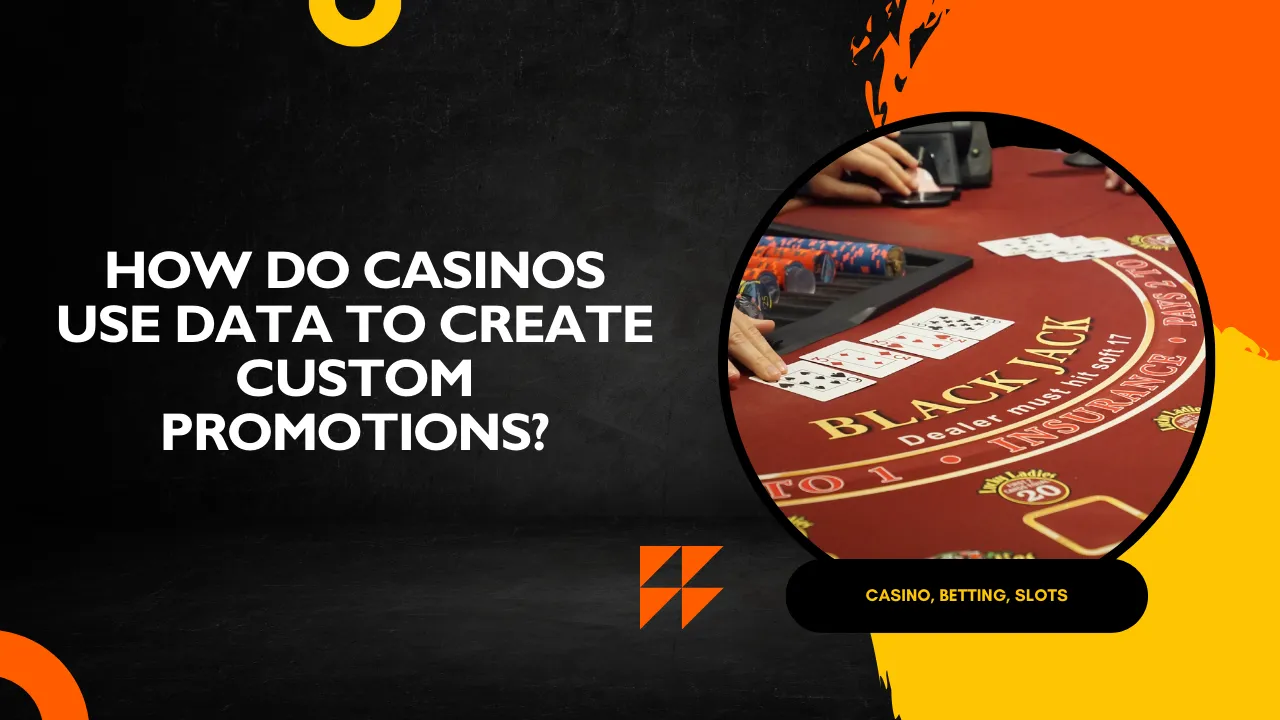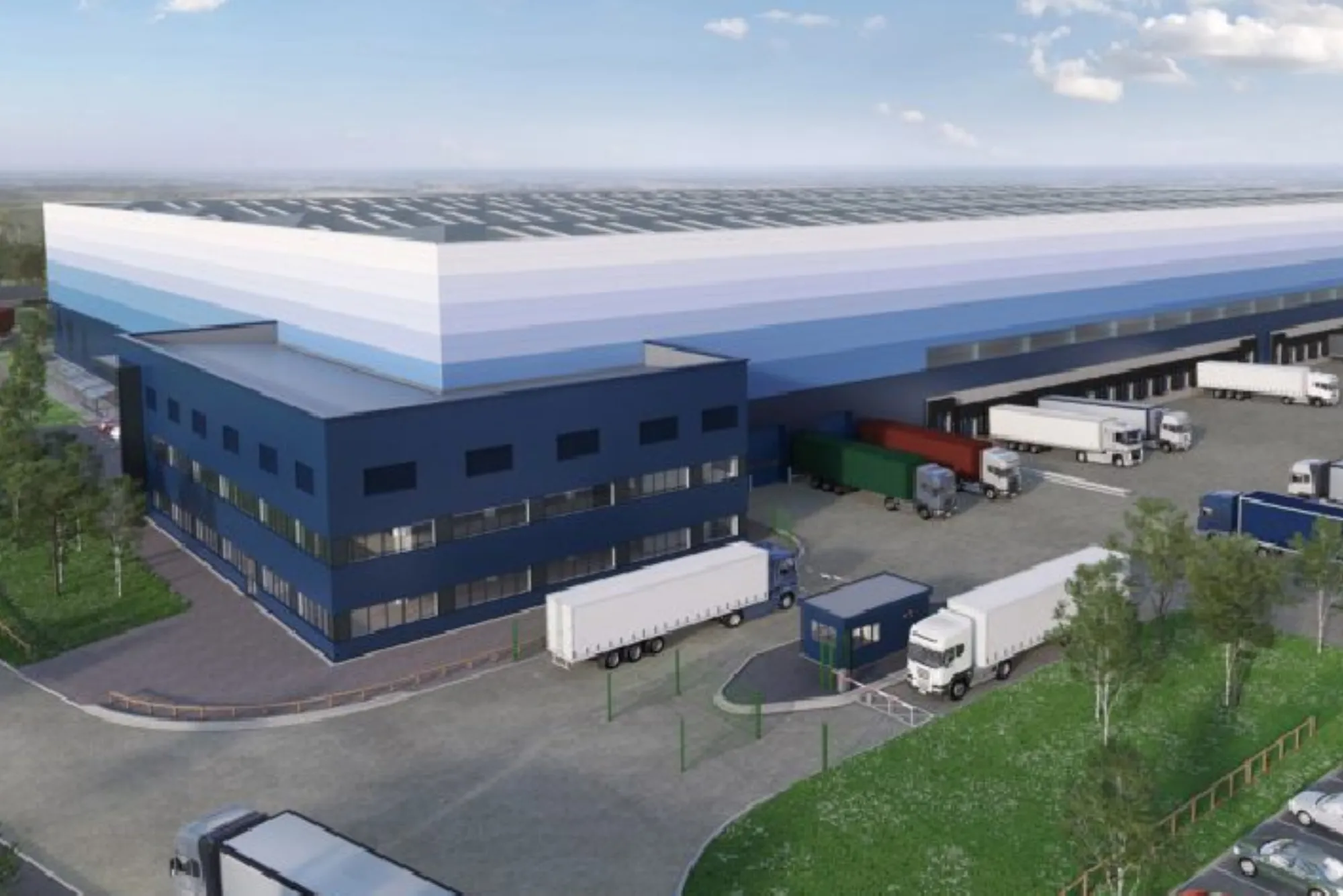In today’s digital-driven world, data is the currency of personalization. Casinos, both land-based and online, have realized that simply offering generic bonuses or blanket marketing campaigns no longer cuts it. Players expect experiences tailored to their behavior, preferences, and spending patterns. That’s where data analytics steps in, helping casinos design custom promotions that not only engage players but also maximize loyalty and long-term profitability.
Having followed the industry for years, I’ve noticed how advanced these strategies have become. The free chips or “one-size-fits-all” offers of the past have evolved into precision-targeted campaigns built on real-time data. Let’s break down how casinos gather, interpret, and act on player information to create these customized promotions.
Gathering Data Across Multiple Touchpoints
Casinos collect vast amounts of information from the moment a player interacts with their ecosystem. This includes sign-up forms, loyalty program enrollments, gameplay history, payment methods, and even on-site behaviors in physical venues.
For example, if a player consistently prefers slots over table games, the casino’s system will record that trend. Likewise, an online platform can monitor peak playing hours, preferred payment options, and even the response to previous offers.
This type of insight is the backbone of personalized promotions. It also mirrors how other sectors, like e-commerce or streaming services, leverage user data to recommend products or shows. For gamblers exploring options through best new betting sites, this data-driven personalization has become an expected part of the experience. They’re used to platforms that adapt quickly to their habits, and casinos are eager to deliver the same.
Segmenting Players for Tailored Offers
Raw data by itself isn’t useful until it’s organized into meaningful groups. Casinos use segmentation to divide their players into categories based on metrics such as spending level, game preferences, and frequency of play.
For instance, a high-value player who regularly bets on blackjack may receive VIP invitations, exclusive tournament entries, or luxury travel perks. On the other hand, a casual weekend slot player might be targeted with free spins or small deposit-match offers that suit their comfort zone.
By segmenting players, casinos can stretch their marketing budgets further while ensuring players feel like they’re receiving offers designed “just for them.” It’s a far more effective approach than sending the same promotion to thousands of players with vastly different habits.
Leveraging Predictive Analytics
Data collection and segmentation are just the beginning. Predictive analytics takes personalization to the next level by forecasting player behavior. Using algorithms and machine learning, casinos can estimate how likely someone is to churn, how much they might deposit in the coming weeks, or which games they’re most likely to try next.
This proactive strategy allows casinos to act before a player disengages. For example, if the system predicts that a regular player hasn’t logged in for a few days and may be losing interest, the casino can send a timely incentive — perhaps a free play credit or an exclusive bonus — to re-engage them.
The real power of predictive analytics lies in anticipation. Rather than reacting to trends, casinos are one step ahead, crafting promotions that keep players hooked before interest wanes.
Real-Time Personalization in Action
One of the most impressive applications of data is real-time personalization. Online casinos, in particular, can adapt offers instantly based on what players are doing at that very moment.
Imagine a player trying out a new slot machine and losing several spins in a row. A well-integrated system could automatically trigger a small free credit to keep them engaged. Similarly, if someone makes a large deposit, the system might offer a surprise bonus or enhanced loyalty points on the spot.
This kind of immediacy makes players feel valued and creates a sense of connection with the brand. It’s also an effective way to balance player satisfaction with retention goals.
Building Loyalty Programs with Depth
Casino loyalty programs have long been a staple of the industry, but today they’re powered by far more sophisticated data analysis. Instead of generic tier-based rewards, modern loyalty systems use detailed tracking to deliver unique benefits.
A player who frequently enjoys dining and entertainment options in a physical casino might be rewarded with restaurant vouchers or show tickets, while another who prefers online poker could receive extra chips or free tournament buy-ins.
By aligning rewards with personal habits, casinos transform loyalty programs from a simple points system into a personalized lifestyle experience, strengthening brand affinity.
Responsible Gaming and Data Balance
While personalization brings clear advantages, it also raises important ethical questions. There’s a fine line between engaging players and encouraging unhealthy gambling habits.
Forward-thinking casinos use the same data tools for responsible gaming measures. For example, they can monitor unusual patterns — such as excessive deposits or extended play sessions — and trigger interventions like spending reminders, deposit limits, or even temporary account freezes.
This dual use of data, both for promotional engagement and player protection, is becoming increasingly important as regulators tighten oversight. In fact, responsible use of data can enhance a casino’s credibility and long-term success, proving that personalization doesn’t have to come at the expense of well-being.
The Future of Data-Driven Promotions
Looking ahead, the role of artificial intelligence and advanced machine learning will only deepen casinos’ ability to personalize promotions. We can expect even more granular targeting, cross-channel integration (from mobile apps to in-venue kiosks), and real-time rewards tailored down to the individual spin or hand.
There’s also a growing opportunity for gamification. By blending promotions with game-like mechanics — leaderboards, achievement badges, or challenges — casinos can engage players in ways that feel less transactional and more immersive.
Ultimately, casinos that can balance personalization with transparency and responsibility will lead the industry. Players are increasingly aware of how their data is used, and trust will become as critical as creativity in this evolving landscape.
Conclusion
Casinos use data not just as a tool, but as a foundation for building relationships with their players. Through collection, segmentation, predictive analytics, and real-time personalization, they craft promotions that resonate on a deeper level. Whether it’s re-engaging a dormant player, rewarding loyalty, or introducing new experiences, data ensures that every promotion feels personal and relevant.
As the gambling industry continues to evolve, the smartest casinos will be those that harness data ethically, blending customized offers with a commitment to responsible gaming. For players, this means a future of more engaging, tailored, and safer gaming experiences.










